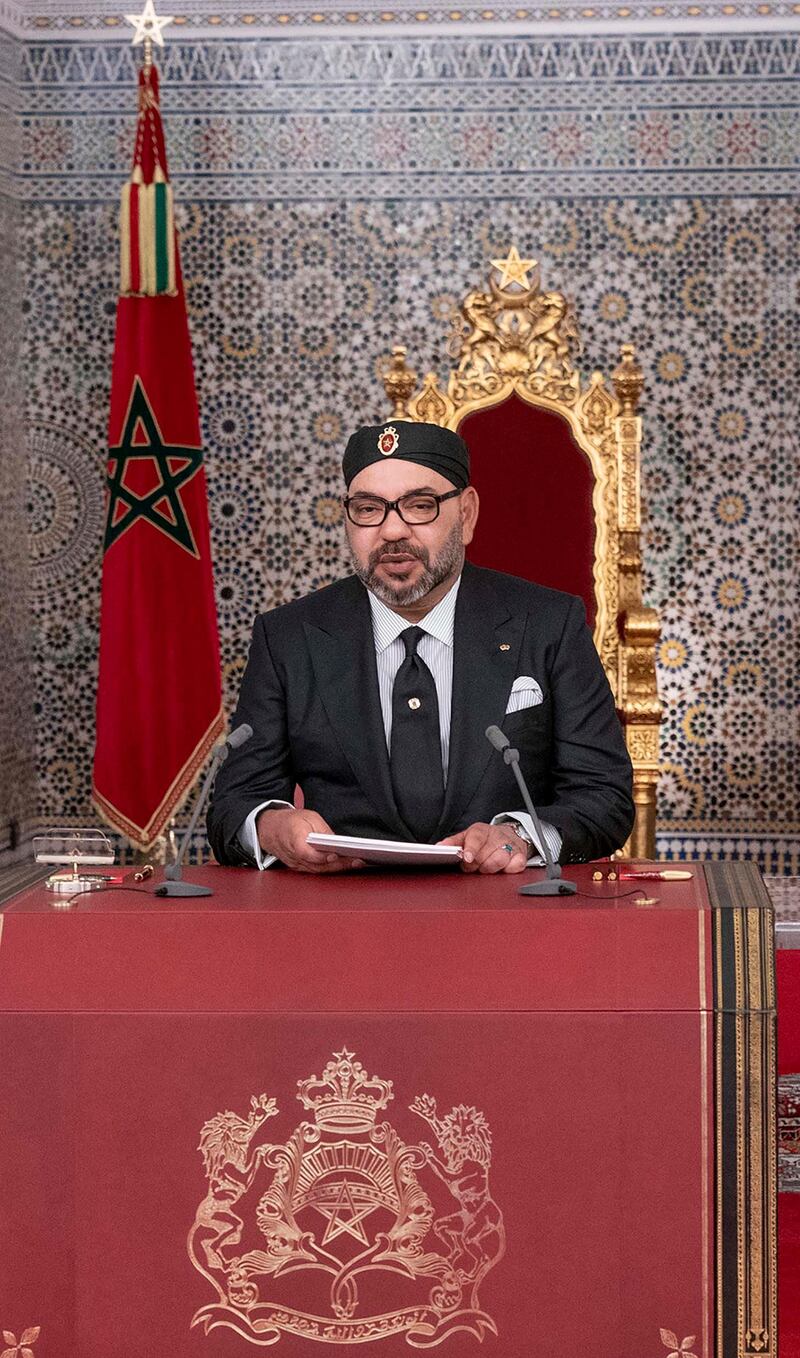King Mohammed of Morocco has taken the bold step of spearheading efforts to improve the country's economy, calling for better wealth creation to expand the middle class, which he described as nascent but crucial for stability and social cohesion.
King’s Mohammad’s role is not to chart the details. However, in two major speeches by the Moroccan monarch in less than a month - to mark 20 years since his ascension to the throne, and the 1953 exile of his grandfather by the French - he made clear that the wealth gap needs to be narrowed and that the governance system is facing a major test to raise economic performance and attract investment.
The king called for de-centralisation and an overhaul of development policy. He raised the plight of the rural poor and the urban underclass, whose conditions contributed to past unrest, saying efforts must focus on opening avenues for social mobility. King Mohammed's call came after the government's planning division lowered economic growth forecast for this year from 2.9 per cent to 2.7 per cent because of a drop in farming output, compared with 3 per cent growth last year.
Since he succeeded the late King Hassan II in 1999, Morocco has undergone gradual reforms that lifted bans on public freedoms, absorbed various parties into the government and improved the investment environment. But poverty and unemployment have remained stubbornly high, with too many young Moroccans still seeing their future in emigration to the Francophone countries in Europe. Morocco’s per capita income is at only $3,090 and unemployment stands at 10 per cent while about 5 per cent of the population earned less than $5.50 a day in 2013, the last year for which World Bank data is available.
A staunch ally of Western and Arab powers, King Mohammad's connections and his subtle arbitration between Morocco's complex societal components have identified him with the country's ability to negotiate a tough neighbourhood and its capacity for development. By publicly focusing on the economy instead of playing blame games, the king is saying Moroccans must have better opportunities to secure a better future.





